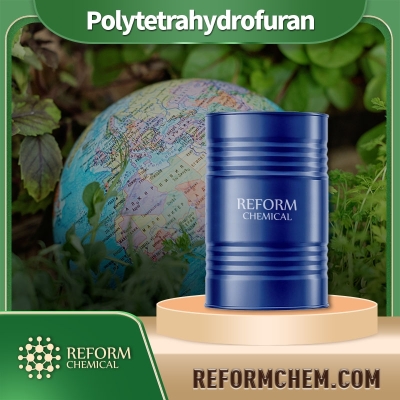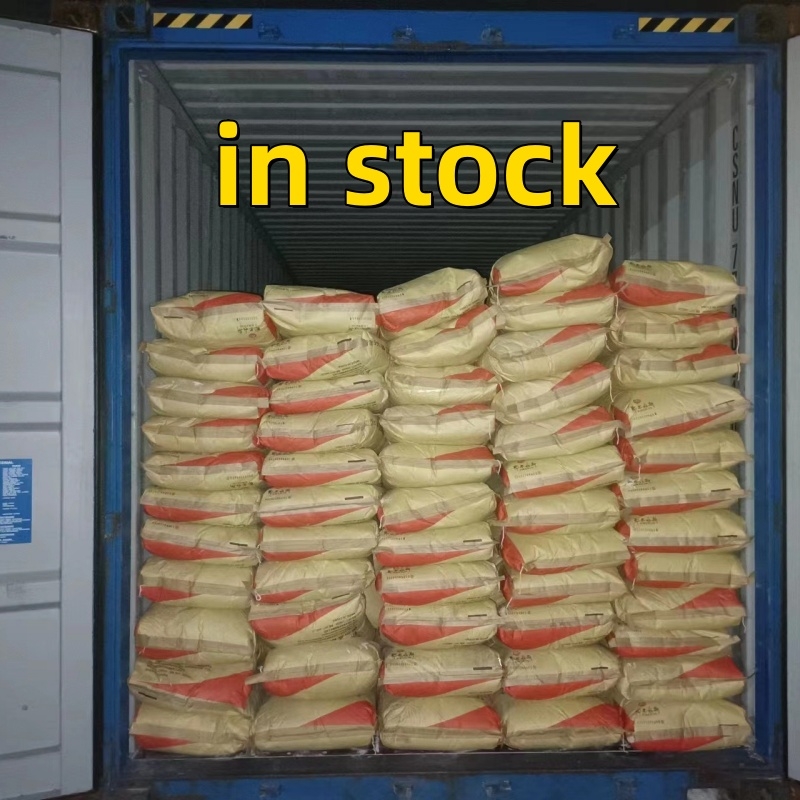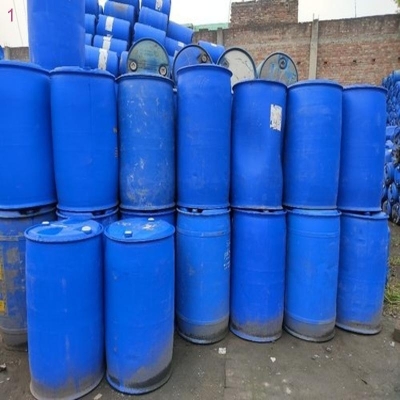-
Categories
-
Pharmaceutical Intermediates
-
Active Pharmaceutical Ingredients
-
Food Additives
- Industrial Coatings
- Agrochemicals
- Dyes and Pigments
- Surfactant
- Flavors and Fragrances
- Chemical Reagents
- Catalyst and Auxiliary
- Natural Products
- Inorganic Chemistry
-
Organic Chemistry
-
Biochemical Engineering
- Analytical Chemistry
-
Cosmetic Ingredient
- Water Treatment Chemical
-
Pharmaceutical Intermediates
Promotion
ECHEMI Mall
Wholesale
Weekly Price
Exhibition
News
-
Trade Service
High-temperature PST titanium aluminum single crystal improves aircraft engine performance
A few days ago, Professor Chen Guang's team at Nanjing University of Science and Technology developed high-temperature PST titanium aluminum single crystal, a new engine material that has reached the world's leading level, and the relevant results were published online in the journal "Natural Materials" on June 20
.
The aero-engine is known as the heart of the aircraft, and the temperature-bearing capacity of its core component blades directly determines the performance
of the engine.
General Electric Company of the United States once developed "4822 alloy", which reduced the weight of a single engine by about 200 pounds, and had outstanding effects in fuel saving and reducing nitride emissions, and was put into commercial operation in 2009, becoming a sensational progress
in the field of aviation and materials at that time.
Chen Guang introduced that high-temperature PST titanium aluminum single crystal can greatly improve the material properties, room temperature tensile plasticity and yield strength up to 6.
9% and 708 MPa, tensile strength of 978 MPa, to achieve an excellent combination
of high strength and high plastic.
In addition, the tensile yield strength of the alloy at 900°C is 637 MPa, and the core performance and longevity are better than "4822 alloy"
.
"This new material is innovative, groundbreaking, leading and fundamental.
Academician Cao Chunxiao of Beijing Institute of Aeronautical Materials introduced that under normal circumstances, the main material of China's engine blades is nickel-based single crystal superalloy, and every 25~30 °C increase in its temperature-bearing capacity is a generation of new alloys
.
The titanium-aluminum single crystal alloy invented by Professor Chen Guang's team has increased the temperature-bearing capacity by more than 150~250 °C, which is a major breakthrough
in engine materials.







